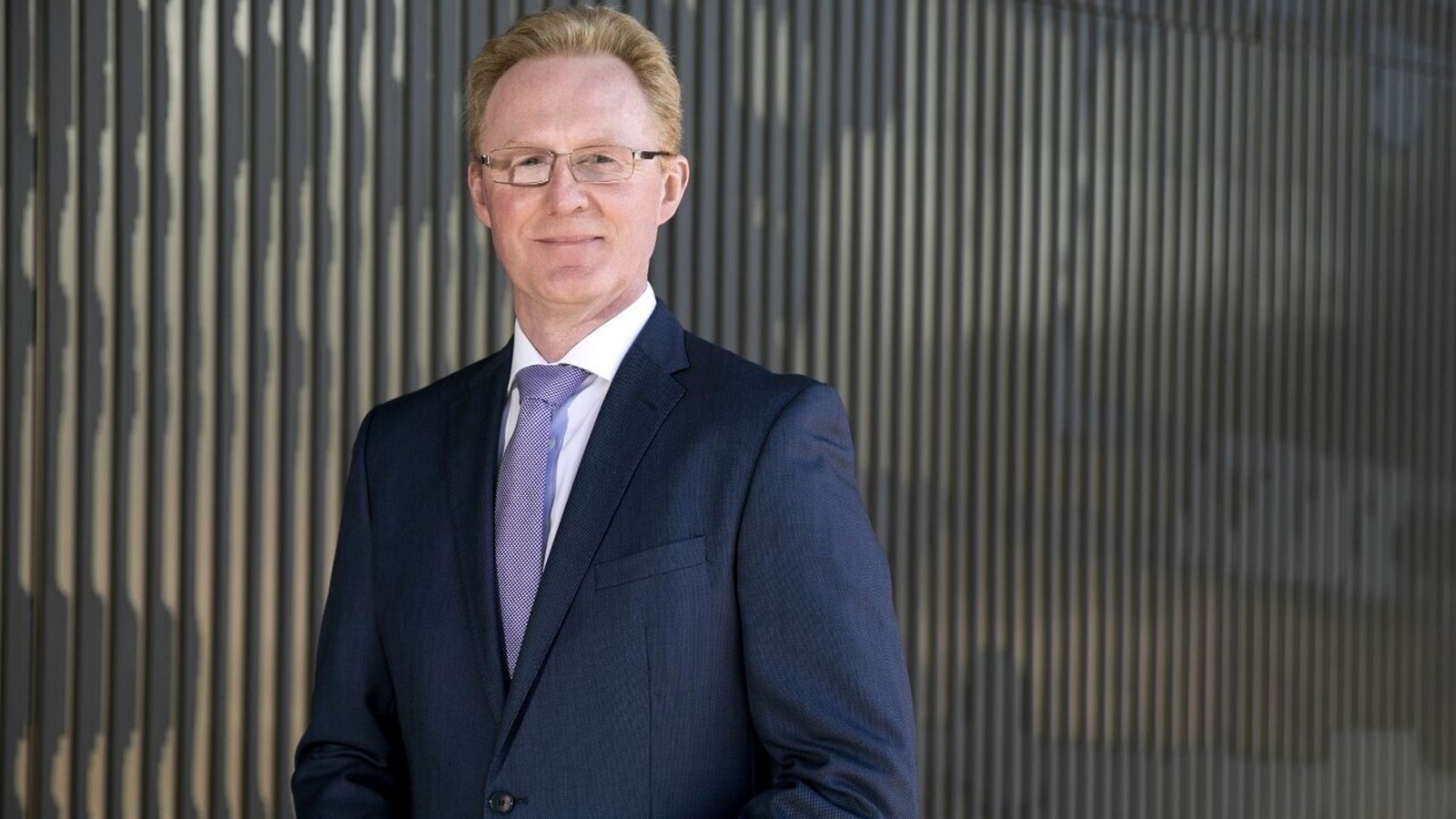Bussiness
State’s debt high but funding cost to stay low – NTMA CEO

Ireland’s national debt remains high despite falling in recent years, the head of the agency charged with managing it has cautioned.
But Frank O’Connor, who is chief executive of the National Treasury Management Agency (NTMA) also said the average interest rate on Irish debt remains just 1.5%, despite the higher interest rate environment, and is expected to remain around this level in the coming years.
Launching its annual report for last year, the NTMA said at the end of last year the State’s general government debt had fallen to €221bn, down from the post-pandemic peak of €236bn.
At over €200bn that’s still high, Mr O’Connor added, and is still €17bn above the pre-pandemic level.
Minister for Finance, Jack Chambers, said that while as a percentage of modified gross national income, Ireland’s debt is expected to fall, we do have to be careful because the debt level is high.
“That’s why as part of our wider fiscal and budgetary decision-making we are going to have to be very careful and responsible entering into the budgetary process,” he said.
He added that the two funds would provide a counter-cyclical capital buffer.
“We are going to try to steer a course that is prudent in fiscal terms, but also work to continue to grow our economy and ensuring ongoing economic growth and providing infrastructure for the future enables us to lower our relative debt position in the context of GNI*,” he said.
The interest bill only increased marginally last year on the 2022 level, Mr O’Connor said, despite the average yield on new bond issuances coming in at 3.2%.
While the average maturity is 18.5 years, he said.
He claimed this was all due to the NTMA’s ongoing strategy of borrowing for longer when rates were low, which had led to the smoothing and lengthening of the borrowing profile, and the locking in of debt at lower fixed rates.
Mr O’Connor said this meant refinancing needs are more limited and it would not be until 2030 and 2031 that annual maturities of debt will return to the €20bn mark.
“And even then these are much smaller than the chimneys we used to refer to in 2019 and 2020,” he stated.
The profile means Ireland’s public debt has one of the longest average maturities in Europe.
Last year benchmark bonds worth a total of €7.4bn were issued, well below the annual average of €18bn from 2017 to 2021.
The NTMA also has over €27bn in cash and liquid assets at this stage of the year, reducing the need for borrowing in the coming years.
This year the NTMA has issued €5bn in benchmark bonds so far at an average yield of 2.75% and an average maturity of 12.1 years.
There is just one more bond auction planned for later this year.
Mr O’Connor said investor sentiment towards Irish debt and Ireland generally remains good, particularly since the announcement by the Government of the two new long-term savings funds which have been very well received.
“They are an important signal against the backdrop of our high nominal debt levels. They are an important signal given the growth in concentration of Ireland’s corporate tax receipts,” he said.
Initial transfers into the Future Ireland Fund (FIF) and the Infrastructure, Climate and Nature Fund are expected to begin in September, with approximately €4.3bn due to go into the former and €2bn for the latter.
A subsequent transfer or 0.8% of GDP into the FIF will follow in the fourth quarter, he added, bringing the total transfers by the end of the year to over €10bn.
“Now in the initial phase the NTMA will implement a relatively low risk investment strategy for an interim period pending the development of a longer term strategy for the funds,” he said.
Asked about concerns that the outcome of the French elections next week could impact the European bond market, Mr O’Connor said France’s credit spread had widened ahead of the elections.
But Ireland is trading very well, he said, and is already borrowing cheaper than France.
Meanwhile, the NTMA said the Ireland Strategic Investment Fund (ISIF) earned an investment return of 4.3% last year and overall has generated €2.3bn in accumulated returns since its inception.
It made 23 investments totalling €839m in 2023, bringing total ISIF commitments to €7.2bn across 213 investments and €11.1bn of co-investment commitments since its foundation.
The NTMA said that so far this year, ISIF has closed a further €927m in investments.










